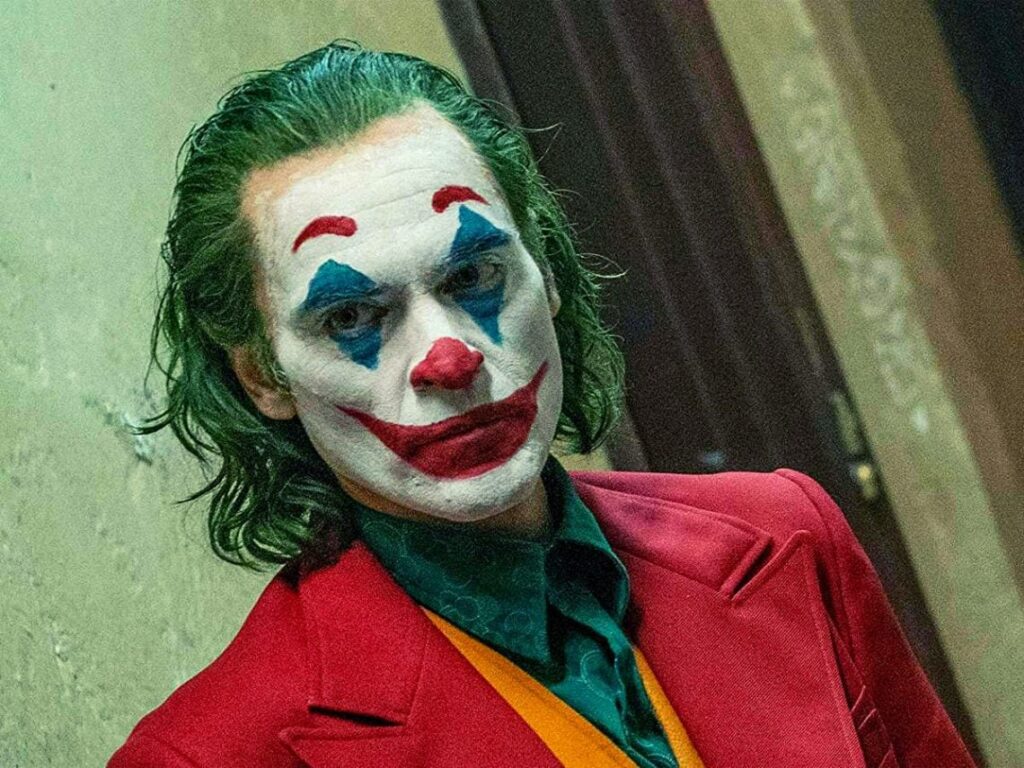‘Joker’ explained: What disorder does Arthur Fleck have?
 Posted On
Posted On
(Credit: Warner Bros)
In 2019, a new DC Comics movie came out that changed the game for superhero franchise adaptations. Christopher Nolan had already adapted the story of Batman into a darkly thrilling trilogy that captured the imagination of uncommitted cinema-goers and critics alike. In particular, Heath Ledger’s innovative portrayal of the villainous Joker in The Dark Knight wowed audiences.
But Todd Phillips’ Joker origin film took things to a different place entirely, for the first time making the tale of a superhero’s antagonist a genuinely human story, founded on real-world trauma and tragedy. In Joaquin Phoenix, Phillips found the perfect actor to humanise his ultimately misanthropic characterisation of Arthur Fleck.
Phoenix imbues his performance with such pathos that we forget all about the grander narrative arc modelled on Shakespearean tragedy, or the numerous references to superior works of filmmaking like twin Martin Scorsese classics Taxi Driver and The King of Comedy. We simply lose ourselves in Fleck’s increasingly dire situation and even come to sympathise with his acts of extreme violence.
Joker is an eviscerating condemnation of modern capitalism, that exposes the system’s dehumanising effect on the majority of society and its inability to make basic provisions for those in need. Arthur Fleck is someone in desperate need, as a man struggling to hold down a job who is stuck caring for his abusive invalid mother, having suffered severe trauma as a child.
He now struggles with a strange condition that makes him laugh uncontrollably in moments of heightened anxiety, and, according to his psychologist, is prescribed “seven different medications”. That is until the clinic he visits is closed down, meaning that he no longer has access to either the therapy or the prescriptions that allow him to function in everyday life.
But what is the condition?
Fleck clearly suffers from multiple psychiatric disorders, aside from his involuntary laughter. He tells his psychologist, “All I have are negative thoughts,” indicating that he suffers from severe depression. According to narcology researcher Valentin Yurievich Skryabin’s article for BJPsych Bulletin, he also exhibits symptoms of narcissistic personality disorders since attention-seeking drives many of his behaviours. A primary motive for most of the murders he commits in the films is that “people are starting to notice” him.
The lack of empathy he displays towards his victims and his apparent hallucinations about a budding romance with his neighbour Sophie indicate psychopathic and psychotic traits, too. However, his laughing disorder is something more specific and easily definable than these broader psychological profiles.
This disorder isn’t an invention of the story, but is actually a real condition called pseudobulbar affect. Otherwise known as emotional incontinence, it’s characterised by an inability to regulate emotional expression, which leads to sudden bouts of hysterical laughter or crying. It’s caused either by a chronic neurological disease or by a serious head injury.
In the notes Arthur steals from his mother’s hospital record, he reads that he was found as a child with “severe trauma to his head” after his mother and her boyfriend had beaten him up. It’s likely this injury that triggered his pseudobulbar affect. Along with the grave mental health issues he’s brought into adulthood, with deadly consequences for his mother, TV host Murray Goodwin and several others.
Phillips may have confirmed that Joker’s sequel Folie à Deux will be the last in the saga he’s directing. But the story he’s told has arguably given us more insight into the character and what made him who he is than all the rest of the Joker’s various big-screen incarnations put together.
[embedded content]
Related Topics


